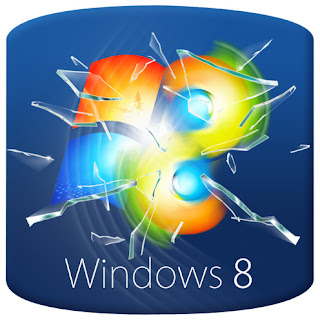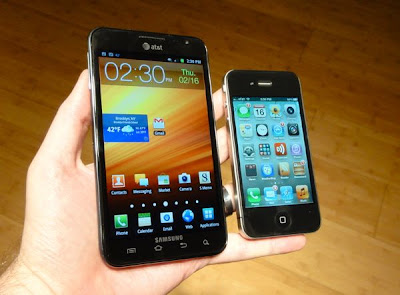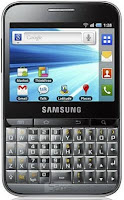Whether you'll be upgrading your existing PC or purchasing a
new tablet or computer, getting the next version of Windows should be
easier—and cheaper—than ever.
 Will you upgrade to Windows 8? Will you make a new PC? On a
tablet? Whether you plan to skip as you might have beaten about Vista? For
those who are willing to dip their toes in the waters of drastic Microsoft's
reconsideration of its flagship piece of software, there are a number of
options for how to actually get. When Windows Example 8 Let launched a
surprisingly large number of people want to start with the new OS when it is
available. For those who like beavers, along with someone else wants to go
forward in the Windows world, I am submitting the following guide.
Will you upgrade to Windows 8? Will you make a new PC? On a
tablet? Whether you plan to skip as you might have beaten about Vista? For
those who are willing to dip their toes in the waters of drastic Microsoft's
reconsideration of its flagship piece of software, there are a number of
options for how to actually get. When Windows Example 8 Let launched a
surprisingly large number of people want to start with the new OS when it is
available. For those who like beavers, along with someone else wants to go
forward in the Windows world, I am submitting the following guide.
If a few days ago, we know exactly when you are able to get
Windows 8 to 26 October. Big boss Stephen Sinofsky Windows made the
announcement during the annual sales of Microsoft's announcement on July 18.
This availability applies to both new and tablet PC and upgrade options.
Let's take a look at the different ways that you can take to
Windows 8 times that date rolls around, the two main options to upgrade
compared to new machine.
Upgrade
It looks like upgrade prices will be much more aggressive than it has been for previous generations of Windows. Not only Apple has put the tone with its cheap $ 29.99 upgrade for Mac OS X, but the pricing information that Microsoft has so far decided to slant the cheap. In any case, Apple and Microsoft are far more interested in having you buy a new computer instead of just updating your existing model. One columnist has even the prices hitherto known "fire sale prices."So what you pay for your upgrade Windows 8? It depends on when you bought your current PC, whether you want Standard or Pro edition and whether you choose to download or store purchase of upgrade discs. Although there was speculation that Microsoft would move to the Apple system software download-only installation, Windows 8 will be available in stores, as evidenced by a $ 69.99 DVD offerings announced by Microsoft. The small table below summarizes the introductory upgrade pricing options we know so far. Microsoft has said that the prices are good until January 31, 2013.
Upgrade Conditions
|
Cost of Upgrade to Windows 8 Pro
|
You bought a Windows 7 PC after
June 2, 2012
|
$14.99 download
|
You have any PC running Windows
XP, Vista, or Windows 7
|
$39.99 download or $69.99 packaged
disc
|
A question that remains is whether Microsoft provides a complete, non-upgrade version at retail. Another is the price difference between non-Pro and Pro editions. We would assume that with fewer features, the non-Windows 8 Pro upgrade will cost even less, and we can expect announcements on this as we go to the RTM (release to manufacturing-first week of August) and GA (General Availability-26 October) stages of development.
One last bit about the availability (unfortunately without price data, but still) is that System Builder editions of Windows 8 and Windows 8 Pro. This is for people who are not upgrading an existing Windows installation, but take it upon themselves to build their own PCs from parts. This effort is a particularly popular among PC gamers.





